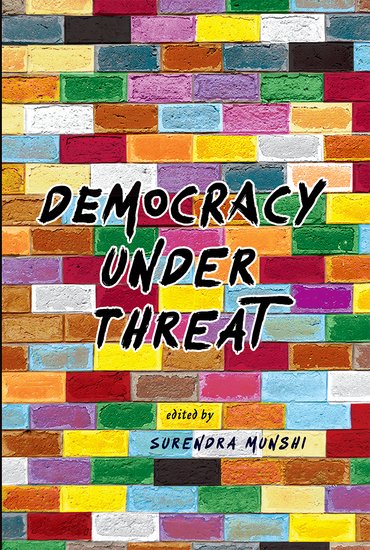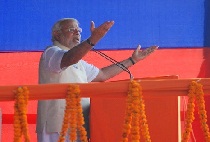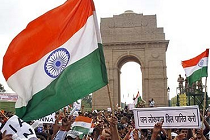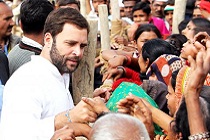The Paradox of Dynastic Politics in India
Democracy seemed to have won the day. Yet, recent global events raise questions about the future of democracy under the threat of populism, caudillism, and dynastic rule as well as authoritarianism
 Courtesy: Oxford University Press
Courtesy: Oxford University Press
Democracy seemed to have won the day. Yet, recent global events raise questions about the future of democracy under the threat of populism, caudillism, and dynastic rule as well as authoritarianism
 Courtesy: Shumita Sharma Deveshwar
Courtesy: Shumita Sharma Deveshwar
A decisive, corruption-free, and pro-industry government – that is what over 1.25 billion Indians are hoping for from the Narendra Modi-led National Democratic Alliance which will lead India for the next five years. Gateway House experts outline the key foreign policy priorities for the new government
The Diplomat republished Gateway House's Ambassador Neelam Deo's article on the factors that impede the smooth functioning of democracy, in India and abroad. She argues that it is imperative to find ways to confront the shortcomings that have crept into our cherished democracies.
Dawn republished Gateway House's Ambassador Neelam Deo's article on the factors that impede the smooth functioning of democracy, in India and abroad. She argues that it is imperative to find ways to confront the shortcomings that have crept into our cherished democracies.
 Courtesy: Mission Against Corruption/Wikimedia Commons
Courtesy: Mission Against Corruption/Wikimedia Commons
The promise of an egalitarian democratic system in India and abroad, has been tarnished by the entrenchment of dynastic leadership and by an inordinate concentration of power and wealth in the hands of a few. It is imperative to find ways to confront the shortcomings that have crept into our cherished democracies.
 Courtesy: Ank843/Flickr
Courtesy: Ank843/Flickr
Dynastic politics is as diverse as politics itself in South Asia. There may be some benefits to dynastic rule, but a political system founded on democratic principles rejects the very idea of dynasty.